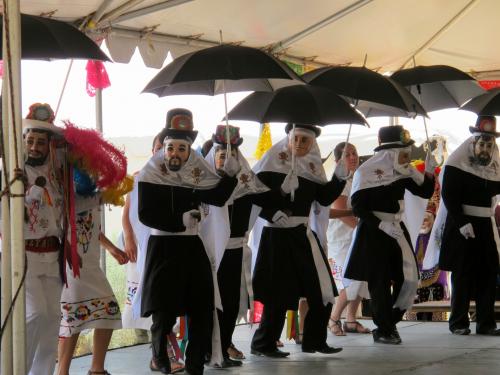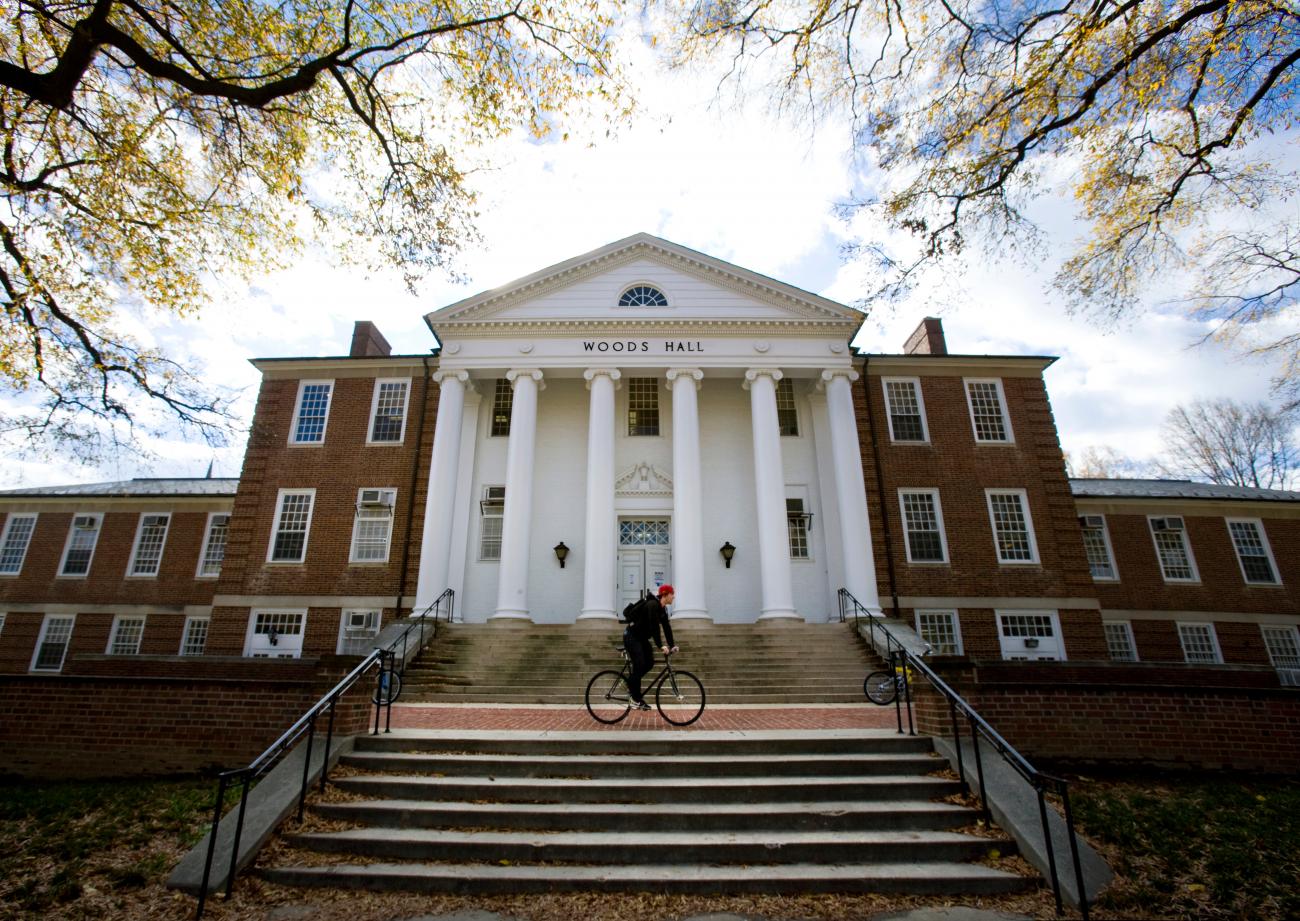Anthropology of Heritage focuses on the management of heritage and cultural resources and the identification and study of both material and intangible cultural resources as they relate to our ability to understand the relationships between the past and the present.
Archaeology and Heritage
The Department of Anthropology is internationally recognized as a leader in historical archaeology, environmental archaeology, and heritage studies, with five faculty members with expertise in historical archaeology (Leone, Shackel, Brighton, Pavao-Zuckerman, Hambrecht), three with expertise in environmental archaeology (Hambrecht, Lafrenz Samuels, and Pavao-Zuckerman), and two with expertise in heritage studies (Shackel and Lafrenz Samuels). Anthropology offers skills-based training in zooarchaeology; geospatial technology, mapping, and modeling; geoarchaeology; cultural resource management; archaeological/heritage ethnography; and forensic anthropology. Students may contribute to faculty members’ projects in Iceland, Ireland, Italy, the anthracite area of northeastern Pennsylvania, Annapolis and Maryland’s Eastern Shore.
The department offers graduate training through a doctoral degree (Ph.D.) in Anthropology, a masters degree (M.A.A.) in Applied Anthropology, a dual masters degree (M.A.A./M.H.P.) in Applied Anthropology and Historic Preservation (in collaboration with the Historic Preservation Program in the School of Architecture, Planning and Preservation), and an online professional masters degree (M.P.S.) in Cultural and Heritage Resource Management. Graduate certificates are also available in Cultural and Heritage Resource Management, in Museum Scholarship and Material Culture, and in Historic Preservation.
Within the Department of Anthropology, archaeology exists through the strong emphasis on historical archaeology and is intimately linked to analysis of the role the past plays in the present, and particularly the ways in which the past is understood, valued, consumed, and mobilized. Historical archaeology is focused on class structure in Annapolis, labor struggles in the anthracite region of Pennsylvania, environmental degradation caused by European settlement in Iceland, cultural resilience and transformation in Ireland, impacts of diaspora and immigration in the U.S., the survival of Native American ecological patterns when confronted with European intrusion into the American Southwest and Southeast, as well as the role of heritage in pursuing and sustaining social justice.
The department is also deeply committed to publicly engaged archaeology, and public archaeology has long informed the work of many archaeologists in the department. Research at UMD contributes to the growing interdisciplinary field of Heritage Studies, strengthening ties between archaeology, ethnography, cultural resource management, historic preservation, and museum studies. Cultural heritage research analyzes the bonds between past and present, focusing especially on how historical resources are used, renewed, and creatively refashioned in the present. Cultural heritage is understood as a mirror that society holds up to itself in order to grapple with and make sense of social change.
The importance of archaeology in understanding the environmental legacies of past peoples and the entanglement of humans and their environments is also an important focus within the department. Environmental archaeology within the department encompasses specializations in zooarchaeology, geoarchaeology, and spatial analysis, with particular emphases on human roles in shaping landscapes and environments in contexts ranging from medieval Iceland to colonial North America to the Neolithic Levant. Mobilizing the cultural heritage of the environment for addressing contemporary environmental issues is another strength of the department, especially for responding to the challenges posed by anthropogenic climate change.
Faculty research is concerned with labor movements; African American culture, particularly religion; Irish culture and society, Irish-American immigration; the contemporary socio-political contexts of archaeological knowledge and practice; global climate change; ecological issues revolving around uses of the environment, particularly the onset and spread of domesticated animals, the environmental consequences of colonialism, and human adaptation to changing climates; and forensic anthropology.
The department offers many opportunities for fieldwork and gaining hands-on experience in archaeological and heritage research. Descriptions of current archaeological projects and fieldwork opportunities in the Department of Anthropology at UMD are available in the link.
Archaeology and Heritage in the Department of Anthropology is part of a broader archaeological community at UMD across campus, which offers a Minor in Archaeology for undergraduates students.
Faculty
Stephen Brighton – Material Culture Studies, Labor & Immigration, Diaspora Studies, Historical Archaeology, Contemporary Theory, Ireland
George Hambrecht – Zooarchaeology, Medieval Archaeology, Post-Medieval Archaeology, Environmental Archaeology, Norse Archaeology
Kathryn Lafrenz Samuels – Cultural Heritage, Environmental Heritage & Climate Change, Archaeological Ethnography & Heritage Ethnography, Cultural and Heritage Resource Management, Rights & Democratic Practice
Mark Leone – Critical Theory, Emancipation, Public Archaeology
Barnet Pavao-Zuckerman – Zooarchaeology, Colonialism, Animal Husbandry, Environmental Archaeology, Plantation Archaeology, Mission Archaeology, Southwestern Archaeology, Southeastern Archaeology, Historical Archaeology
Paul Shackel – Labor, Heritage, Civic Engagement, Historical Archaeology, Social Justice



